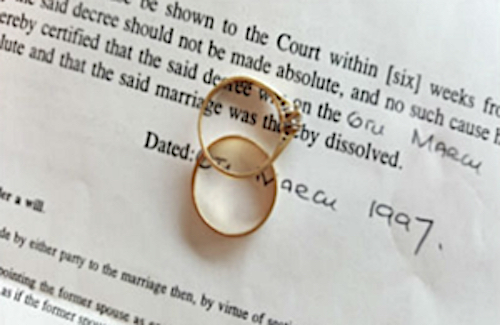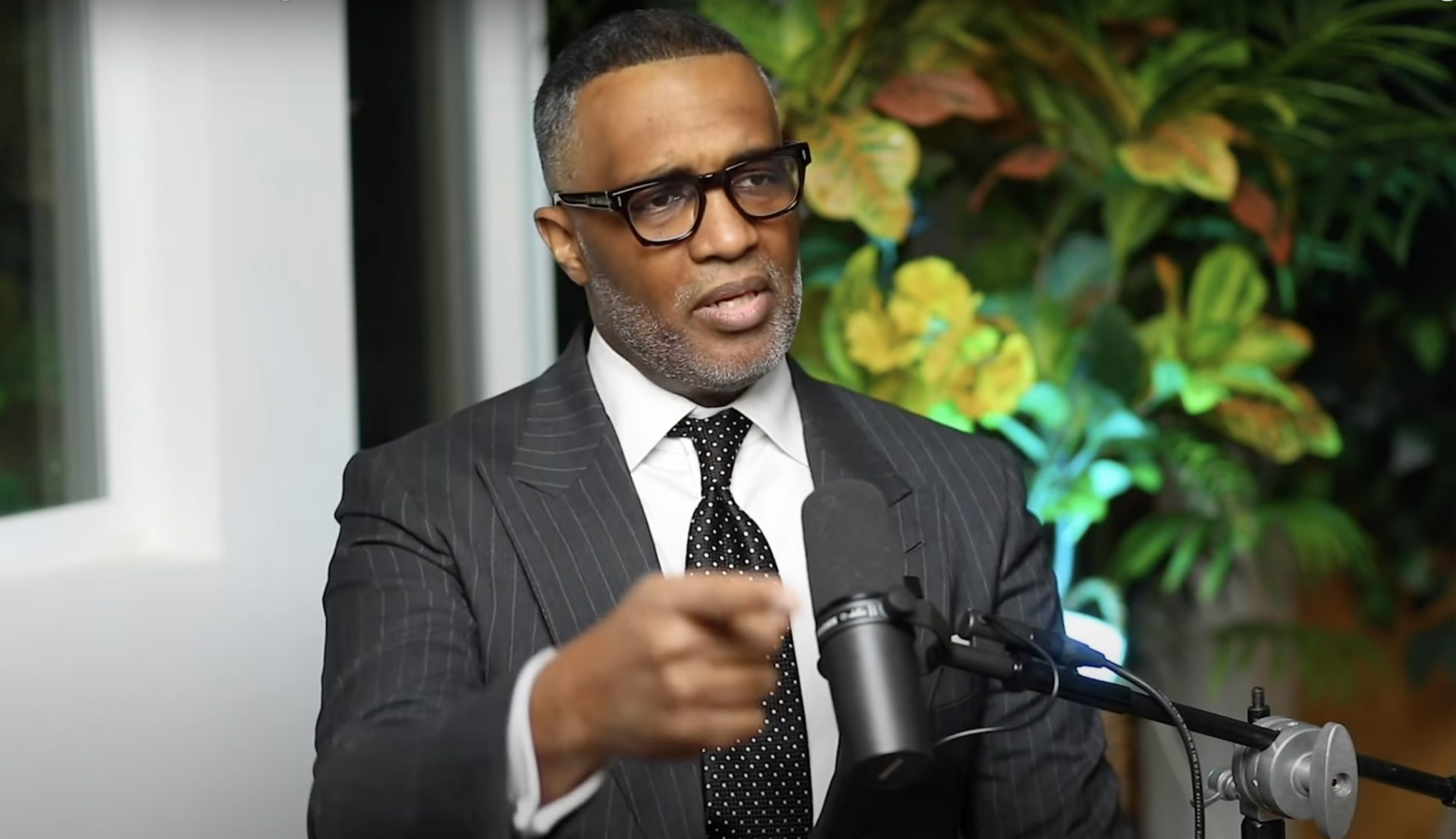Know thy marriage

Want to be a better man? Find a woman even better than you are. Tweet

Highlights
A marriage is the center of a family, and a family is the keystone of a civilization.
So what does it mean when half of all marriages collapse?
The statistics on marriage in Christendom are not encouraging. Roughly half end in divorce. The anxieties and emotional upheavals divorce creates for hundreds of millions of people, especially for children, is arguably a grave social ill with very real, wide-spread consequences.
The economic and social pathologies of fatherless households are a well-documented effect of marital instability, and this is often held up as a failure of post-religious societies, which have destigmatized divorce, liberated women from their traditional roles, and – so the argument goes – corrupted the population with libertine sensibilities. Further, these ills are frequently blamed on cultural secularization and governmental programs perceived to erode traditional norms and undermine the family.
The pathologies of fatherless households are a well-documented effect of marital instability…
Why do marriages fail? Is it enough to blame the decline of religion and the meddling of the bureaucratic state? To do so suggests that the glue of marriage comes from some source other than our animal nature, and that this glue is sufficiently weak to be dissolved by welfare checks and pop culture. If we are convinced of the naturalness of pair bonding, should we not expect the bond to be more robust? Traditional societies do manage to keep couples together for longer, but is this because of nature or a social constraint holding things together that might not otherwise hold?
The crux of the question is the naturalness of pair-bonding. Is the human animal one that has evolved to mate for life? If it is, then the institution of marriage would seem to be a sacred emblem of a natural fact. If it isn’t, then marriage is at best aspirational, founded on some ideal, beyond our natural impulses. If this latter turns out to be the case, then what are the limits of this arrangement, and what are the sources of this ideal?
It could very well be that nature will always exert a centrifugal force, which the institution of marriage must contain. Even if this is the case, one might persuasively argue that marriage makes us better than our natural selves. If one harbors the early modern view that the life of man is by nature nasty, brutish, and short, and that it is only the commonwealth and its civilizing institutions that offer the possibility of commodious living, then marriage could be conceived as an important component of civilization.
Or perhaps we take our bearings by a spiritual firmament: a divine signal is guiding us beyond nature, and marriage is a carrier of this message, constraining us in ways that develop our higher capacities.
In any case, we should still ask, what does nature indicate and what do we find when we look within ourselves and survey our own desires and conduct? The way we read nature is by means of natural science, in this case anthropology, biology, primatology, and psychology. As for what lies within our own interior reality, this requires the capacity for authentic self-observation and honesty.
The old saw that says, “If mama ain’t happy, ain’t nobody happy” is true, not just at home, but everywhere there’s a family in crisis..










